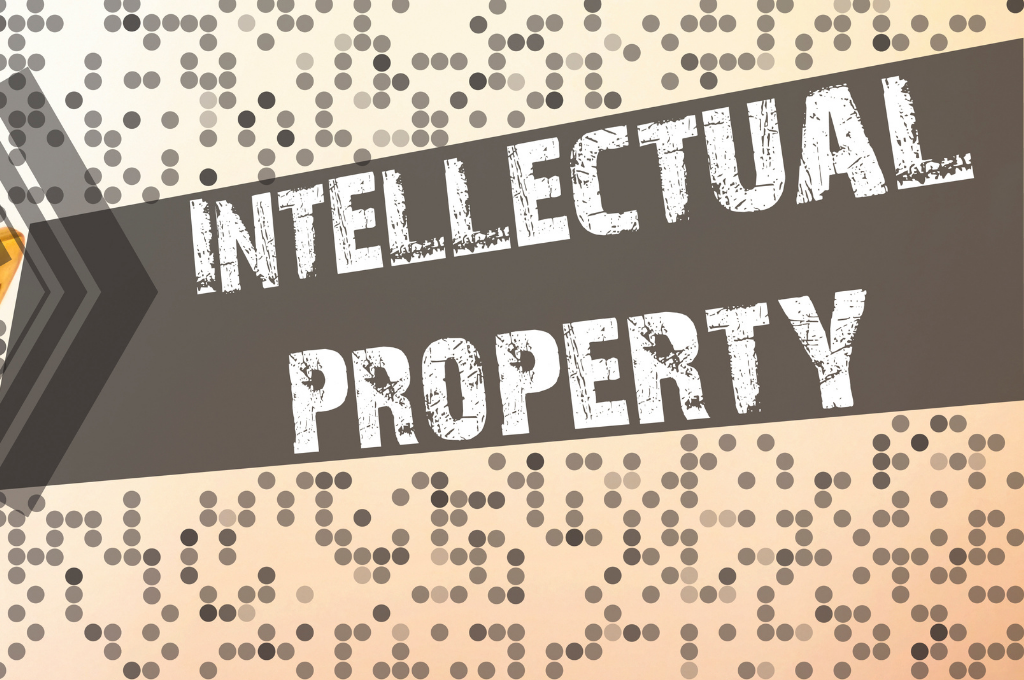In 2019, the importance of intellectual property was acknowledged in Poland with almost 5% increase of applications for IP protection filed in the Polish Patent Office. However, as usual, the devil is in the detail.
Among those applications, there are over 7% fewer applications for patent and utility model protection. On the one hand, this number is concerning, especially considering the innovation indexes, in which Poland ranks very low compared to the neighbouring countries. On the other hand, innovations increasingly base on IT solutions. As such, they are basically excluded from patenting and protected by copyrights or trade secrets instead.
Business ventures based on IT solutions, such as mobile applications, electronic trading platforms, and online services cannot be patented and have to be protected differently (as a rule, mathematical ideas, methods and games cannot be patented). Those ventures require a complex strategy of intellectual property protection. It may be beneficial to consult with an experienced specialist, i.e. a patent attorney, to act upon well-planned, mutually complementing legal instruments. It is possible to protect the appearance of a given product by trademarks, including their latest forms, such as sounds, animations and holograms. Ideas, software or algorithms can be protected as trade secrets that would greatly enhance any business’ protection against infringement. At the same time, thoughtful protection of intellectual property may be a valuable component of any company’s assets. It could be an additional source of income, if necessary.
Piotr Mierzwiński, Intellectual Property Specialist:
The Polish Patent Office’s stance on patenting computer-aided inventions has been conservative so far. The latest amendment to the intellectual property law was supposed to change this situation. However, we are yet to see those changes, as we need to wait for prior art reports, publications of applications and optional decisions that will be available next year. It is still too early to expect a change in applicants’ attitude towards the protection of computer-aided solutions. However, other ways of protecting those solutions are still available.
The decrease in applications for patent and utility model protection may reflect the investment scepticism of Polish companies. Then again, the overall increase in industrial property protection applications could correlate with the increased consumption and the need to secure the turnover of protected goods differently than through patents and utility models.
According to the Act on industrial property rights amended in 2019, an invention does no longer have to “influence matter in a technical way”. As the amended laws came into force, specialists in the field expected a liberalization in PPO’s attitude towards computer-aided inventions. However, we will see the earliest results of this change no sooner than in a few years.
This article presents general information on a particular topic. In specific cases, we recommend a consultation with a specialist that would take account of individual circumstances.


